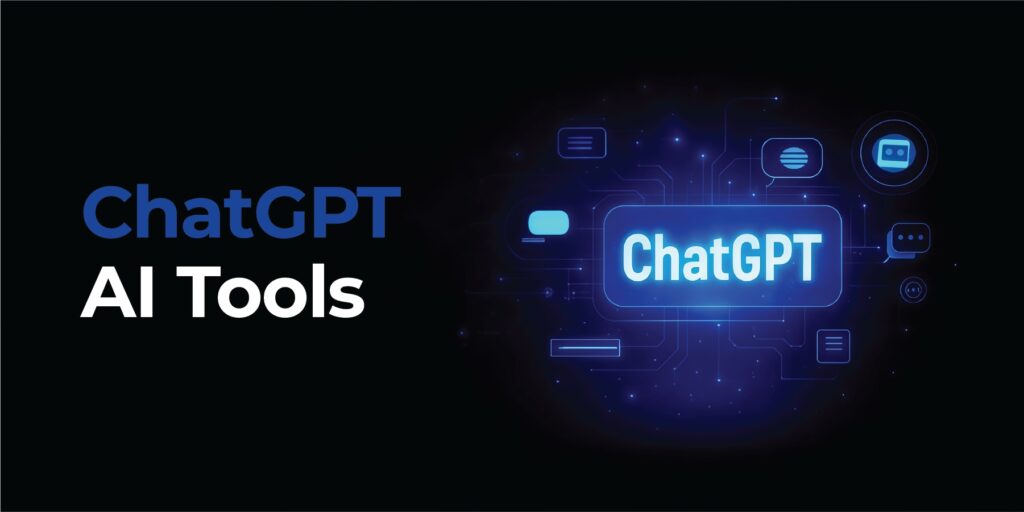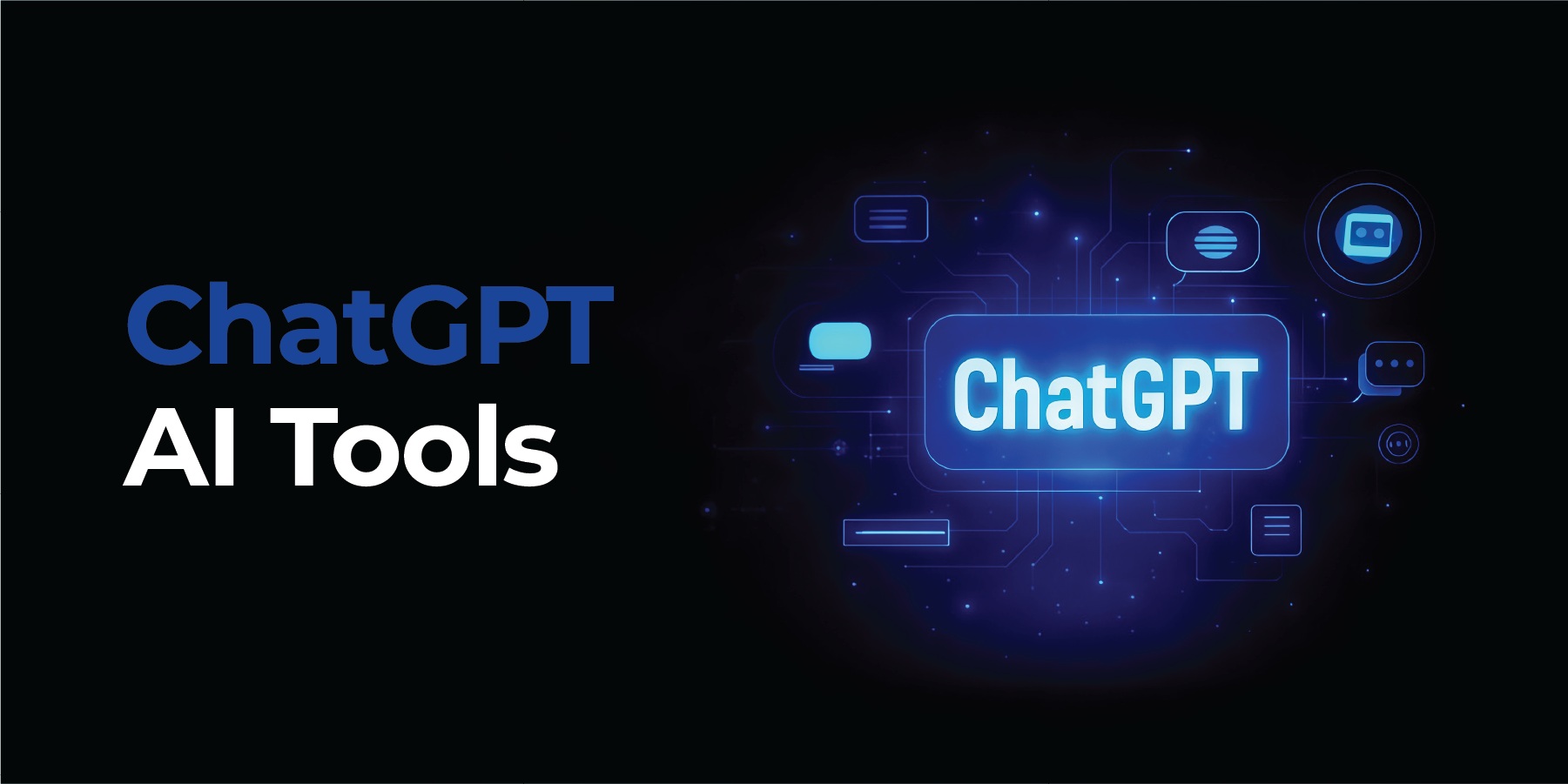Last updated on September 11th, 2025

It used to be that entry-level jobs were the gateway into stable careers. Young workers could start in customer support, data entry, or copywriting and build their way up. But now, a growing body of research suggests that AI tools like ChatGPT are reshaping those opportunities before they even begin. Tasks once reserved for interns or junior staff are being automated at a scale and speed that’s leaving many wondering: what happens to the next generation of workers when their “starter jobs” vanish?
This isn’t just a technology story, it’s a workforce story. And it’s one that directly impacts companies as well as the young people stepping into the job market. Later in this blog, I’ll share how we at Recruit Ninjas help businesses adapt to AI disruption while still protecting human opportunities, but first let’s explore what the data, and the stories on the ground are telling us.
Table of Contents
Why Young Workers Are Most Exposed
The Double-Edged Sword of AI in the Workplace
Case Study: AI in Customer Support
How AI Tools Like ChatGPT Affect Vulnerable Fields
The Long-Term AI Impact on Employment
Frequently Asked Questions (FAQs)
Why Young Workers Are Most Exposed
When new technology arrives, it rarely impacts all workers equally. Young employees, especially those in entry-level or support roles, often feel the shift first. Why? Because these positions involve repetitive tasks that AI can easily automate.
Think about it:
- Customer support agents answering FAQs
- Data entry clerks cleaning spreadsheets
- Junior copywriters producing basic content
- Research assistants gathering and summarizing information
A 2023 Goldman Sachs report estimated that 300 million full-time jobs worldwide could be affected by AI, with administrative and entry-level roles facing the highest exposure. For young workers entering the job market, this creates uncertainty. They’re competing not only with peers but also with tools that can replicate their tasks at a fraction of the cost.
From my perspective, the danger isn’t just job loss, it’s the missed opportunity to gain early career experience. If AI eliminates entry-level roles, how will the next generation build the skills needed for advancement in an artificial intelligence job market already shifting?
The Double-Edged Sword of AI in the Workplace
I’ve always seen AI as both an opportunity and a threat. On one hand, AI enhances productivity, reduces errors, and allows companies to scale without proportionally increasing staff. On the other hand, it shifts the balance of what human workers are valued for.
For example:
- Artificial intelligence remote jobs are emerging in new fields like prompt engineering, AI auditing, and human-in-the-loop training.
- Yet traditional entry-level positions in marketing, customer support, and clerical work are shrinking.
According to a Pew Research Center survey, 19% of U.S. workers say AI threatens their current jobs, with younger employees more likely to report vulnerability. For many, this reinforces the broader concern about the artificial intelligence effect on jobs across industries.
In my opinion, the real problem is speed. AI adoption is happening so quickly that workers, especially young ones, may not have time to retrain or pivot before their positions are replaced. For some, watching opportunities vanish feels like being caught in a new digital staff of discord, a divide between those who adapt and those who get left behind.
Case Study: AI in Customer Support
Let’s look at a real-life example. A mid-sized retail company we worked with recently adopted AI chatbots powered by natural language processing for their customer service operations. Previously, the team had 20 entry-level agents managing email and live chat. After rolling out AI, the workload dropped dramatically.
The results:
- AI resolved 60% of routine queries without human input
- Average response times improved by 40%
- The company reduced its entry-level staff from 20 to 12
While the move improved efficiency and reduced costs, it also cut opportunities for young workers entering the workforce. At Recruit Ninjas, we stepped in to help them balance automation with human talent. We restructured roles so younger employees focused on escalations, relationship-building, and higher-value problem solving skills AI couldn’t handle. This ensured the company benefited from automation without fully displacing its human workforce.
This case proves what I’ve always believed: AI doesn’t have to eliminate jobs, it can reshape them. But companies need to be intentional about how they use it, especially when chatgpt jobs are increasingly replacing entry-level opportunities.
How AI Tools Like ChatGPT Affect Vulnerable Fields
From what I’ve seen, three fields stand out as particularly vulnerable to AI disruption:
1. Content Creation – AI can generate blog posts, social media captions, and ad copy in seconds. While human creativity still matters, entry-level copywriters are at risk.
2. Customer Service – AI-powered chatbots are reducing the need for frontline support agents. Gartner predicts that by 2027, chatbots will handle 25% of all customer service interactions.
3. Clerical & Admin Work – Data processing, scheduling, and document drafting are being automated, shrinking opportunities for administrative assistants.
This doesn’t mean these industries will vanish. But the roles young workers typically start in are being redefined faster than colleges and training programs can adapt, adding weight to the growing debate on the artificial intelligence effect on jobs.
The Long-Term AI Impact on Employment
Here’s the irony: while AI eliminates some jobs, it also creates new ones. The World Economic Forum estimates that AI will create 97 million new roles globally by 2025, even as it displaces many others. The challenge is whether young workers can transition quickly enough to benefit.
Some of the emerging opportunities include:
- AI oversight roles (monitoring, auditing, compliance)
- Human-AI collaboration jobs (content editing, chatbot training, decision support)
- Ethics and policy roles in managing artificial intelligence effects on jobs
Still, I believe that without proper guidance, young workers risk being left behind. The ladder to senior roles is built on entry-level jobs. If those vanish, the entire career pipeline could fracture, leaving fewer pathways to reach an artificial intelligence job future.
What Businesses Should Do Now
As someone working closely with organizations navigating change, here’s what I recommend:
- Balance automation with opportunity – Don’t just cut roles; redesign them to build skills AI can’t replicate.
- Invest in reskilling – Offer young employees training in data analysis, customer experience, or AI oversight.
- Preserve human touchpoints – Use AI for efficiency but ensure humans still manage relationships and complex problems.
- Leverage outsourcing smartly – Companies like Recruit Ninjas help blend automation with human-led services, giving businesses the best of both worlds without erasing talent pipelines.
When managed well, AI can enhance business outcomes without wiping out opportunities for the next generation.
Frequently Asked Questions (FAQs)
1. Are AI tools like ChatGPT really eliminating jobs?
Yes, especially in fields with repetitive tasks. But they also create new opportunities in oversight, creativity, and strategic roles, including new chatgpt jobs.
2. How can young workers protect themselves from AI job loss?
By focusing on skills AI struggles with: creativity, problem-solving, empathy, and cross-functional thinking. Reskilling helps future-proof against the artificial intelligence effect on jobs.
3. Do companies save money by replacing young workers with AI?
In the short term, yes. But long-term, businesses risk losing innovation and future pipelines if they treat automation as a staff of discord rather than a collaborative tool.
Conclusion
So, are AI tools like ChatGPT quietly eliminating jobs for young workers in vulnerable fields? The evidence suggests they are certainly reshaping the landscape, reducing traditional entry-level roles in customer service, content, and administration. But this doesn’t have to be a story of loss. It can be one of transformation, if businesses commit to balancing automation with human development.
At Recruit Ninjas, we’ve helped companies implement AI in ways that streamline operations while preserving opportunities for young employees. This balance ensures that businesses grow sustainably and responsibly in a world where the artificial intelligence effect on jobs is undeniable.
Ready to Future-Proof Your Workforce?
Partner with Recruit Ninjas to blend automation with human expertise. From customer support outsourcing to workforce management, we help you adapt to AI disruption while protecting the people who drive your business forward.
Get Your Free Consultation Today
Suggested Reads:
recruitninjas
Cynthia David is a Principal Product Marketing Manager for Adobe Document Cloud, focusing on Acrobat, Acrobat Sign, and Acrobat Services. She has background in messaging, marketing campaigns, communications, social media, events, content marketing, and partnerships. She is passionate about understanding customer needs and connecting with customers.

